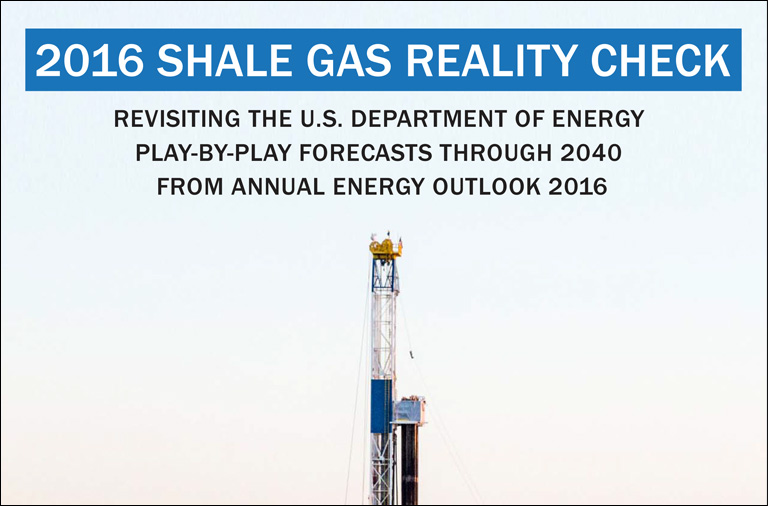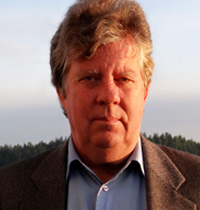Revisiting the U.S. Department of Energy Play-by-Play Forecasts through 2040 from Annual Energy Outlook 2016
In this new update to Drilling Deeper and 2015 Shale Gas Reality Check, David Hughes applies the same scrutiny he has in his past groundbreaking reports to the U.S. Department of Energy’s Energy Information Administration (EIA) newly released Annual Energy Outlook 2016 (AEO2016). He explores how the EIA’s projections and assumptions regarding shale gas have changed over the last two years, as well as assesses the AEO2016 against both Drilling Deeper and up-to-date production data from key shale gas plays.
About the Author
J. David Hughes is an earth scientist who has studied the energy resources of Canada for nearly four decades, including 32 years with the Geological Survey of Canada as a scientist and research manager. He developed the National Coal Inventory to determine the availability and environmental constraints associated with Canada’s coal resources.
As Team Leader for Unconventional Gas on the Canadian Gas Potential Committee, he coordinated the recent publication of a comprehensive assessment of Canada’s unconventional natural gas potential. Over the past decade, he has researched, published and lectured widely on global energy and sustainability issues in North America and internationally.
He is a board member of the Association for the Study of Peak Oil and Gas – Canada and is a Fellow of the Post Carbon Institute. He recently contributed to Carbon Shift, an anthology edited by Thomas Homer-Dixon on the twin issues of peak energy and climate change, and his work has been featured in Nature, Canadian Business, and other journals, as well as through the popular press, radio, television and the internet. He is currently president of a consultancy dedicated to research on energy and sustainability issues.



